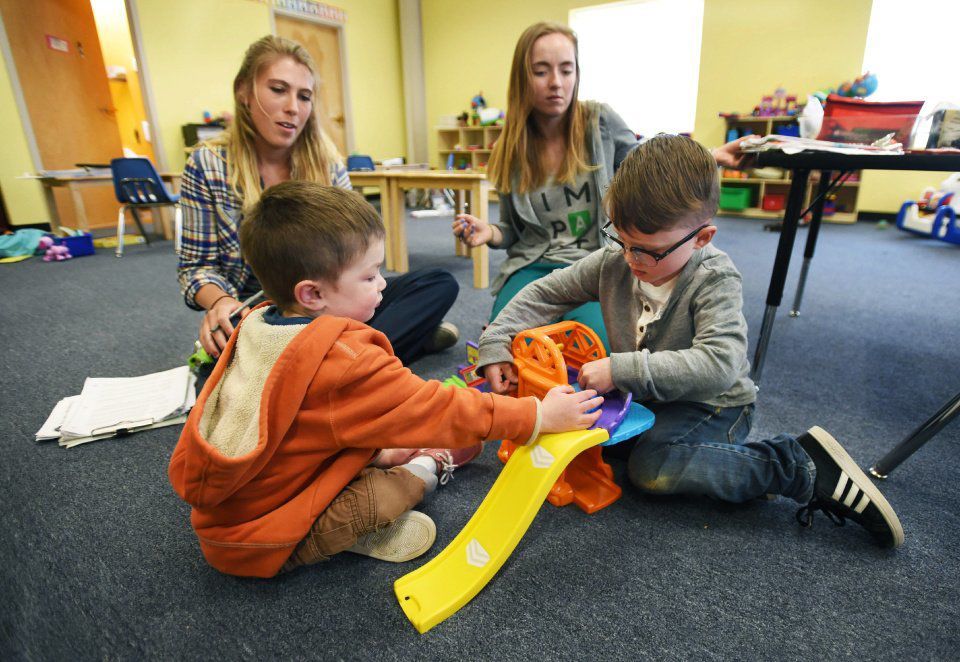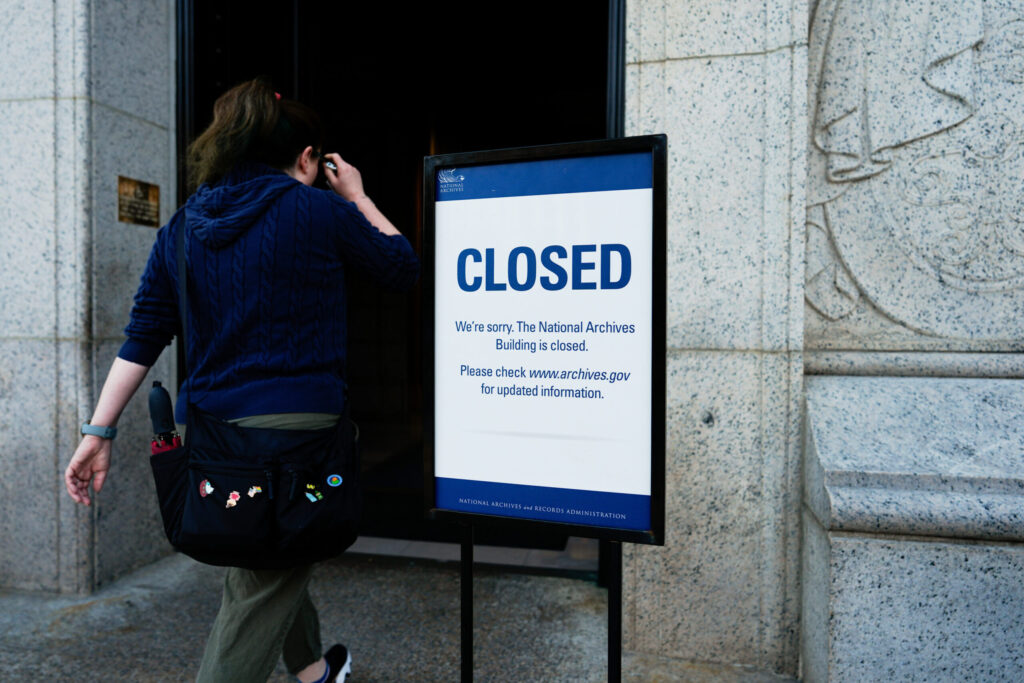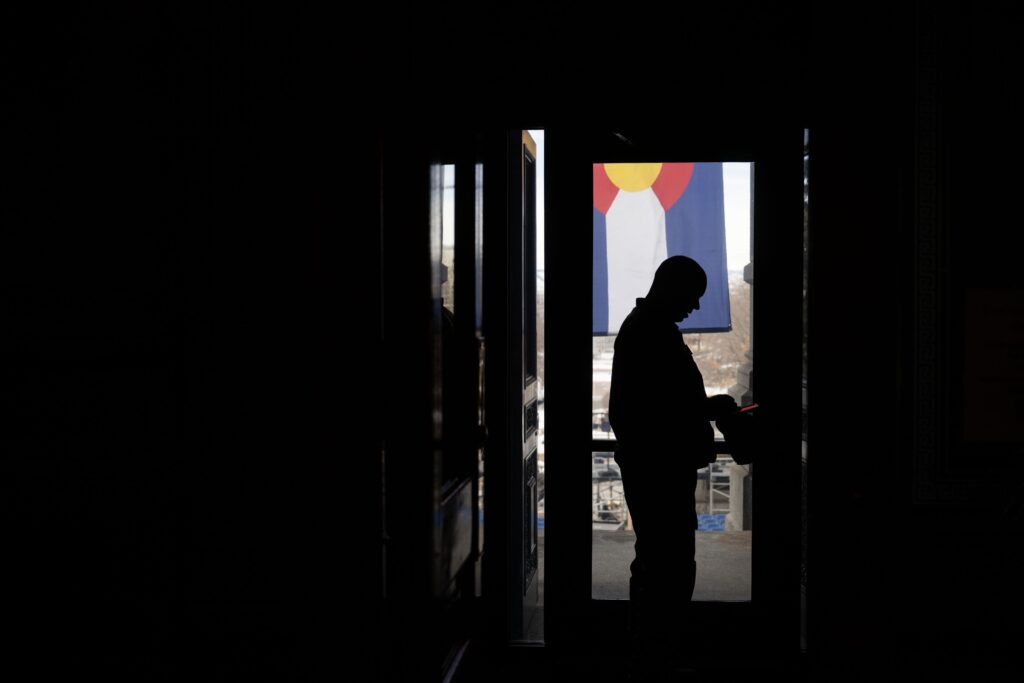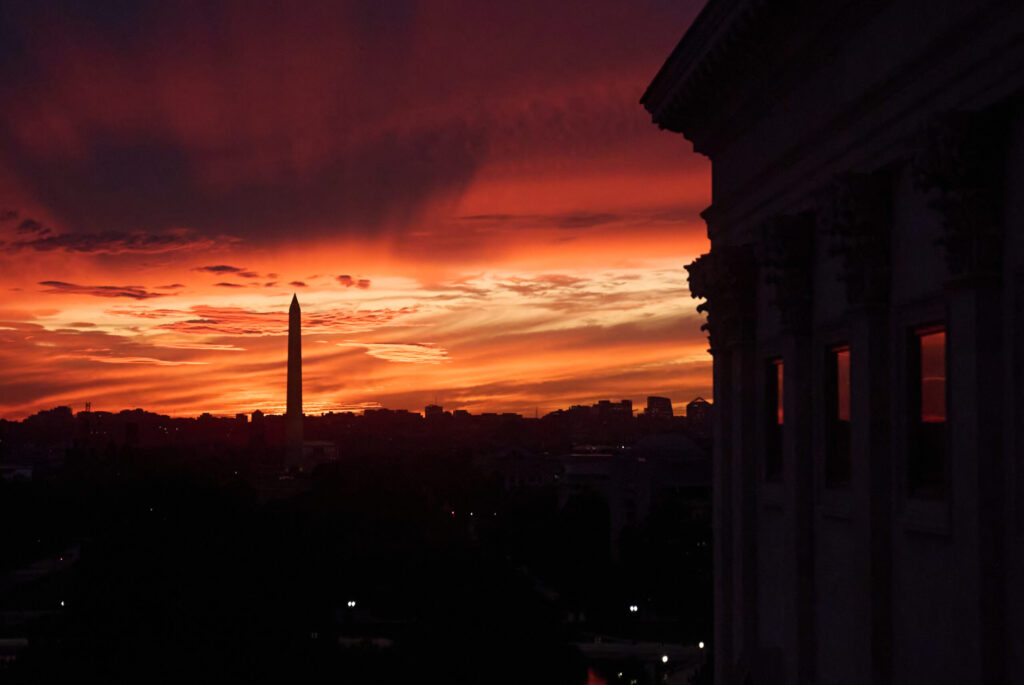Primaries, Lamm to White House and police snafu

35 Years Ago this week in The Colorado Statesman … The race for the chance to challenge U.S. Sen. Gary Hart was heating up. Attorney John Cogswell was the overwhelming choice of state Republican Party county chairs to take on the first-term Democrat, preferred by 36 percent of the chairs surveyed by The Statesman. Former Georgia Rep. Howard “Bo” Callaway came in second, with 19 percent support, followed by Colorado Secretary of State Mary Estill Buchannan, who was the favorite of 10 percent of the county chairs. State Sen. Sam Zakhem racked up 8 percent support, Frank Lee had 7 percent, and Allen Lamb didn’t get any votes. While Cogswell was the preferred candidate, only 12 percent of the county chairs thought he could win the nomination. That distinction went to Callaway, with 27 percent predicting he would win the nod. “But clearly, the greatest number of county chairmen contacted insist they still can’t call this one,” The Statesman reported, with “who can say” coming in at 37 percent of respondents. Asked to predict who would make the primary ballot, the chairs seemed to agree that it would be Buchannan, Callaway and Cogswell. Nearly a year earlier, The Statesman noted, four candidates who didn’t wind up running for the Senate seat topped the list in a similar survey. Jack Swigert, Hank Brown, Joel Hefley and Dick Plock had all flirted with runs but stepped back. (Brown, instead, threw in for the 4th Congressional District.) …
Republican Senate candidates John Cogswell and Mary Estill Buchannen.
… Former California Gov. Ronald Reagan was leading with a whopping 78 percent support among county GOP chairs in the race for Colorado’s delegates to the Republican convention, ahead of second-place finisher former CIA Director George Bush, who had 16 percent. A full 98 percent of the chairs surveyed said that Reagan had the nomination in the bag, with the remaining 2 percent predicting that former President Gerald Ford would somehow emerge from the convention. Tennessee Sen. Howard Baker was the top pick for Reagan’s running mate, with 28 percent support, ahead of Bush, who had 23 percent support, followed by New York Rep. Jack Kemp, mentioned by 18 percent of the chairs, and Ford, who had the backing of 6 percent. Other potential vice presidential nominees mentioned included Illinois Rep. Phil Crane, former Energy Secretary William Simon, Indiana Sen. Dick Lugar and Colorado’s own U.S. Sen. Bill Armstrong. …
… Meanwhile, Statesman columnist Walt Kinderman toyed with a complicated scenario that would land Gov. Dick Lamm in the White House. The independent-minded Democrat name was getting a lot of mentions as a possible running mate for independent presidential candidate John Anderson, the Illinois Republican who was launching his centrist campaign after failing to catch fire in Republican primaries. According to Kinderman’s prognostication, the Democratic Carter/Mondale ticket would sweep the Midwest and industrial Northeast, while Republicans Reagan and Baker would take the West and most of the Old South. Even though Anderson/Lamm might win 34 percent of the vote, the two would only carry Colorado and Illinois, Kinderman suggested, throwing the contest for president into the House of Representatives and giving the Senate the vote on vice president. Because Democrats were only likely to hold majorities in the delegations of 24 states and Republicans would have the edge in 17 — the rest would be split evenly so couldn’t agree on their presidential votes in the House — under Kinderman’s elaborate scheme, the nation would remain deadlocked and without a president well into February, since the votes of 26 states would be required to seat a president in the situation he posited. Finally, he wrote, the Senate settled on Lamm as vice president, and since there was no president, the Colorado governor would wind up with the whole enchilada. Or at least that’s how it might turn out.
55 Years Ago this week in The Colorado Statesman … With the recent change of gubernatorial and other statewide office terms from two years to four years, the fall 1960 ballot would be leaner than voters had been used to, but that didn’t mean that politicking was slowing down. Democratic precinct caucuses were scheduled over the next week: Arapahoe County on May 18, Jefferson County on May 23, Adams and Pueblo counties on May 24 and Boulder County on May 25. As far as the newspaper could ascertain, all the Democratic county assemblies were scheduled for June 4, with the state Democratic convention in Durango following quickly on June 18. The “mad scramble” for presidential delegates was well under way, wrote Marvin Dansky, president of the Young Democrats of Colorado. Massachusetts Sen. John Kennedy seemed to have the best organization, Texas Sen. Lyndon Johnson’s crew was making headway, and there was little sign Minnesota Sen. Hubert Humphrey had any operation in the state. Humphrey’s effort was made moot, in any case, in the wake of the West Virginia primary early in the week, where Kennedy had trounced Humphrey “in spite of the ballyhoo proclaiming that the religious issue would be of top importance in a state which is only 5 percent Catholic.” Declining to endorse among the remaining contestants, Humphrey withdrew from the race, vowing to “do whatever I can to make sure that the Democratic Convention will adopt a liberal platform and nominate a liberal candidate.”
… U.S. Rep. Byron Johnson addressed a dinner held in his honor at the Lamp Post by the Boulder Young Democrats. With an eye toward the approaching 1960 election, Johnson said national issues were likely to dominate the campaign and that it was time for a change from the Eisenhower administration. “The nation needs active leadership in the White House — not better golf,” Johnson said. The country was facing new challenges that require new responses, and there was no time to dally, he warned. “Time is running out with the speed of a Sputnik.” Representatives of the leading Democratic presidential candidates spoke to the Young Dems before a straw poll was conducted. Former Illinois Gov. Adlai Stevenson, the party’s presidential nominee in the two previous elections, won with 34 votes, followed by Humphrey with 25, Kennedy with 23, Missouri Sen. Stuart Symington with 14, Johnson with 6, Connecticut Rep. Chester Bowles with 4 and California Gov. Pat Brown with 1 vote.
… Denver Police were under fire for their arrest and detainment of Ghanan journalist Kofi Badu, who was taking photographs at Union Station while officers had been coincidentally arresting a pair of drunks. “At police headquarters he was threatened by a police captain for dong nothing illegal, immoral or improper,” wrote The Statesman. “Then he was released.” It seems the cops were unhappy that Badu — the sports editor of the Ghana Times was visiting Denver as part of a cultural exchange program sponsored by the U.S. State Department — had caught their enforcement actions on camera. So unhappy that when Badu’s camera was returned to him after his release the film was ruined and no images remained. “This police action was an insult to the American tradition of fair play,” a Statesman editorial column argued. “It was a blot on the reputation of Colorado. It could make the name ‘Denver’ synonymous with behind-the-back prejudice.” Simply reassigning a few beat cops and a captain, as the police chief had done in response to Badu’s treatment, was insufficient, the editorial opined. Instead, the Denver City Council needed to make sure that police training improved so that the “purposes of our American democracy” were better served.














